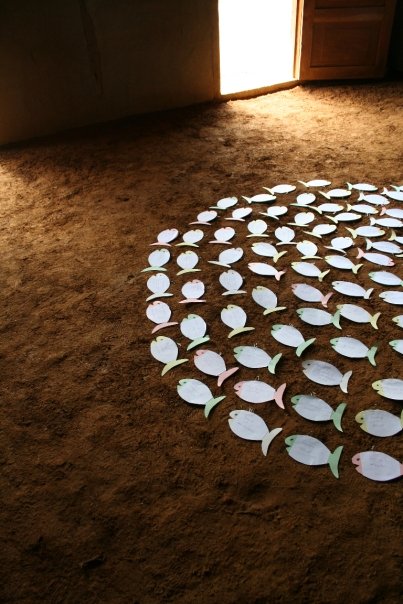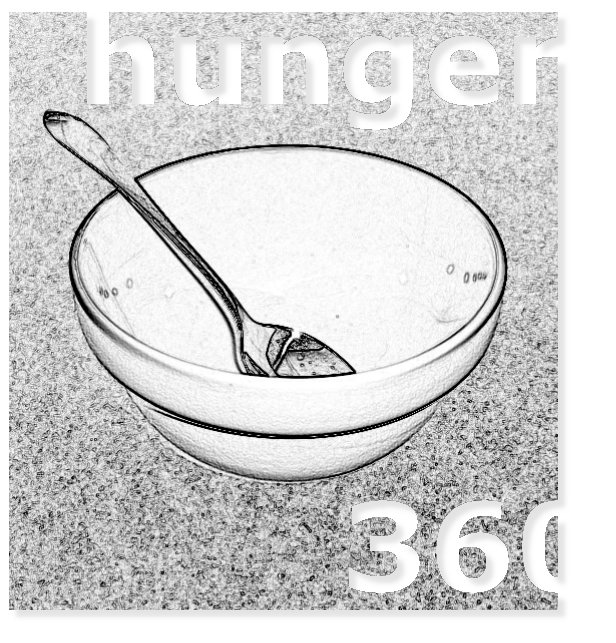At first the answers may seem simple. Prisons are for the punishment of people who have broken the law. Prisons are for the protection of the community from potentially dangerous offenders. Prisons are for the correction of behaviors that threaten life in community. But prisons are also communities where people live and work, where babies are born and people die of old age. What do we make of the fact that the U.S. has the largest prison population in the world? How effective are prisons in accomplishing what they are supposed to accomplish?
This fall we will meet numerous times for conversations around incarceration and how it relates to our faith. Some of the conversations will happen in our fellowship hall, others in homes, in a local prison, and in our sanctuary. We are well aware that we cannot address every dimension of this seemingly simple question, What are prisons for? Once the planning team started naming themes for programs, we quickly realized that we were looking at a complex and multi-layered set of issues.

The idea behind prison:360 is not to look at an issue from every possible angle. What we try to accomplish is integrating traditional classroom learning with opportunities for fellowship and service, as well as spiritual practice and reflection.
All of the programs are open to the public, but please note that a registration is required for some.
Wednesday, October 12
6:30 p.m. (dinner begins at 6 p.m. ) in the fellowship hall
Robin Porter – How Do Prisons Work?
Robin began working in prisons as an intern when she was a student at Vanderbilt Divinity School, and today she is the Director of Victim Services with the Tennessee Department of Correction. She will share with us from her own experience how prisons work, system-wide and on the day-to-day level in a specific setting.
Make your dinner reservation by Monday October 10
Thursday, October 13
8 p.m. Documentary night at the Kleinert’s
American Drug War (2007)
The U.S. has the largest prison population in the world, and illegal drugs have a lot to do with that. The War on Drugs has become the longest and most costly war in American history, the question has become, how much more can the country endure? Inspired by the death of four family members from “legal drugs” Texas filmmaker Kevin Booth sets out to discover why the Drug War has become such a big failure.
Map and directions
Sunday, October 16
9:30 a.m. in the fellowship hall
Gayle Ray – What Are Prisons For?
Gayle is a former sheriff of Davidson County and former Commissioner of the Department of Correction. She will talk about the purpose of prisons: what is incarceration supposed to accomplish, and how well does the system work?
Sunday, October 16
10:45 a.m. worship
Lee Camp, guest preacher
Lee is Professor of Ethics at Lipscomb University, at both the college and graduate level, and he is well known as the host and creator of Tokens, a “theological variety show.”
Monday, October 17
7 p.m. Documentary night at the Kleinert’s
What I Want My Words To Do To You ( 2003)
The film goes inside a writing workshop at New York’s Bedford Hills Correctional Facility led by playwright Eve Ensler. Fifteen women, most of whom were convicted of murder, delve into and expose their most terrifying realities as they grapple with the nature of their crimes and their own culpability. The film culminates in a prison performance of the women’s writing by acclaimed actors Mary Alice, Glenn Close, Hazelle Goodman, Rosie Perez and Marisa Tomei.
Map and directions
Tuesday, October 18
5:30 p.m. Riverbend Prison
Life Behind Bars
We have the opportunity to visit one of Nashville’s prisons, Riverbend Maximum Security Institution. Visitors get a close look at life behind bars as well as time to talk with two of the inmates. The group size is limited and early registration is required. Please register here or call the church office at 269-5614.
Sunday, October 23
9:30 a.m. in the fellowship hall
Prisons – Places of Healing?
Many non-government agencies, groups, and ministries work with inmates and ex-offenders. Mark and Dana West are with The Theotherapy Project, and they will tell us about their work with convicts while in prison as well as after their release, when they face the challenges of life outside. Graduates of the program will talk about their experience during worship.
Monday, October 24
7 p.m. Documentary night at the Kleinert’s
The Dhamma Brothers (2008)
An overcrowded maximum-security prison in Alabama is dramatically changed by the influence of an ancient meditation program. Behind high security towers and a double row of barbed wire and electrical fence dwells a host of convicts who will never see the light of day. But for some of these men, a spark is ignited when it becomes the first maximum-security prison in North America to hold an an emotionally and physically demanding course of silent meditation lasting ten days.
Map and directions
Wednesday, October 26
6:30 p.m. (dinner begins at 6pm) in the fellowship hall
Charlie Strobel – When Crime Becomes Personal
Most of us know and love Fr. Strobel for his work with the homeless in our community. What many of us don’t know is that Charlie’s mother, Mary Catherine, was murdered in 1985 by a man who had escaped from a prison mental ward. We have invited Charlie to talk about how his faith shaped his response to the violent and painful loss of his mother.
Make your dinner reservation by Monday, October 24
Wednesday, November 2
6:30 p.m. (dinner begins at 6 p.m. ) in the fellowship hall
Robin Porter and Nicole H. Smith - Victim Impact
Incarceration is a means to punish and rehabilitate offenders. What about the victims of crime? How does the prison help offenders take accountability for what they have done? What systems are in place to support victims of crime? Robin is the Director of Victim Services with the Tennessee Department of Correction. Nicole has used her experience as a victim of crime to teach victim impact classes for inmates and facilitate victim offender dialogues.
Make your dinner reservation by Monday, October 31
Thursday, November 3
8 p.m. Documentary night at the Kleinert’s
Prison Town, USA (2007)
In the 1990s, at the height of the prison-building boom, a prison opened in rural America every 15 days. The film tells the story of Susanville, California, one small town that tries to resuscitate its economy by building a prison — with unanticipated consequences.
Map and directions
Sunday, November 6
After weeks of conversations and experiences, we address in worship and in the context of the gospel some of the questions that have been raised. Our faith traditions speak and sing about prisoners losing their chains and prison doors flying open, about repentance, forgiveness, and reconciliation, and the scriptures are full of prison stories – Joseph, Daniel, John, Peter, Paul, to name just a few. Who knows what will emerge when we juxtapose recent experience and ancient tradition, burning questions and living Word?
Sunday, November 6
4:45 p.m. Documentary night with the youth group
(the title of the film will be announced shortly)
 We drink it.
We drink it.






